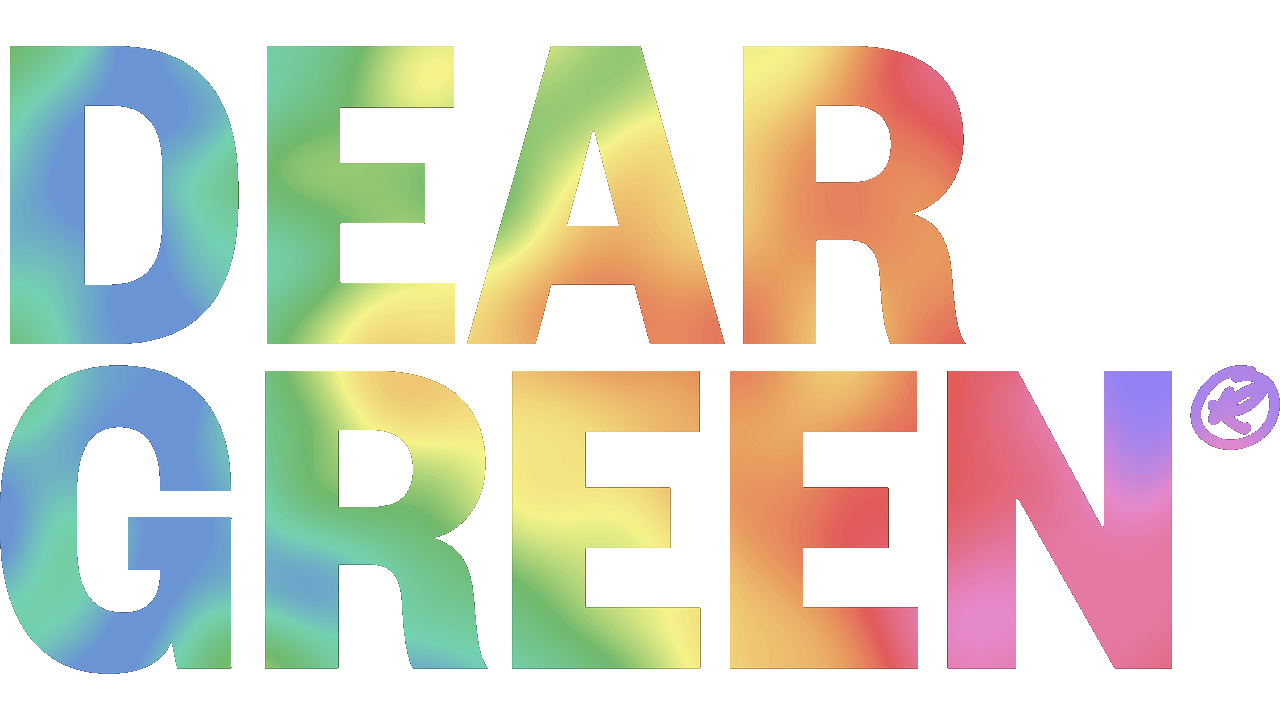Buy Ethiopia Odaco here.
Ethiopia is the established African grower of floral, light and tea-like coffees. The mythical birthplace of coffee as we know it, despite it being mostly debunked, is still home to a huge industry and is the model for others given its position within the industry. The country’s wild coffee trees also support the idea that it is one of the few, possibly unique, places in which coffee began.

Despite civil war and frequent droughts, the country is an example of the benefits of the growth of the industry—also with increased traceability enabled by technology and commitment, it can now celebrate more transparency and farmers can receive their pay and be visible in the process.Traceability gives recognition to the producers and validates where the coffee is grown, picked and processed in addition to the assurance that it was produced ethically and sustainably.
It is vital that we tell the story of each coffee we purchase, which lends support to spreading awareness about the work going on at origin to you. One challenge for buyers and roasters has been the practices of the Ethiopian Commodity Exchange (ECX) which centralised the export process in 2008. In 2017, 90% of the country’s export went through the ECX which often leaves farmers invisible in the process, even with the highest Grade 1 lots, the beans are traceable only back to the region or slightly better, a washing station!

From the highly prized Sidama region, where some of the best coffees are grown, the Gatta Daye Bensa farm is located in the Shantawene village where it’s intertwined with a stunning natural forest that provides its shade. The name ‘Odako’ tree represents resolution and agreement for the people of Sidamo and Shantawene; its the given name for a tree where local conflicts are resolved and discussed.

This coffee is produced by 563 Daye Bensa member farmers from the Gatta Daye Bensa Farm. Daye Bensa are a committed group who strive to provide stability for their farmers across the region. They have an off-season payment structure, called Outgrowers Day, that supports farmers while they are out of harvest, providing them with a second payment based on their previous harvest and celebrating their success. They grow micro-lots, which are limited productions, that allow for more detailed focus on the quality of the crop. At Daye Bensa traceability is extremely important for these micro lots. The record-keeping book is carefully handled and separation is key to guaranteeing the highest level of quality.

The care and detail gives this coffee a whopping 89 specialty coffee score. It is dried on African beds for 13-15 days; and to ensure uniform drying, one person is assigned an individual bed to rotate the cherries every 15 minutes. When the cherries are received they get separated, the coffee is then kept separate throughout drying, processing, and storage. When we receive the beans, the labels state the delivery dates, farm name, lot number, and other details related to the particular lot. We also contribute to the Stumping Project, a fantastic initiative that supporters individual farmers through doubling their crop over three years.

- Altitude: 2000 - 2200 masl
- Country: Ethiopia
- Process: Natural
- Profile: Mango, Peach Syrup, Passion Fruit
- Quantity: 120g, 250g, 1kg
- Variety: Heirloom
Transparency
In 2021, Odaco, Natural, accounted for 1.97% of Dear Green's roasted coffee output. Dear Green are proud to be transparent about the source and the supply chain of all coffees listed. Coffee from Odaco is imported for Dear Green by Falcon Specialty. Dear Green purchased 780kg of this delicious coffee which scores 89 SCA specialty points! You can read more about Dear Green's sourcing and ethics here.
*The images in this post are from our trip to Ethiopia in 2014
